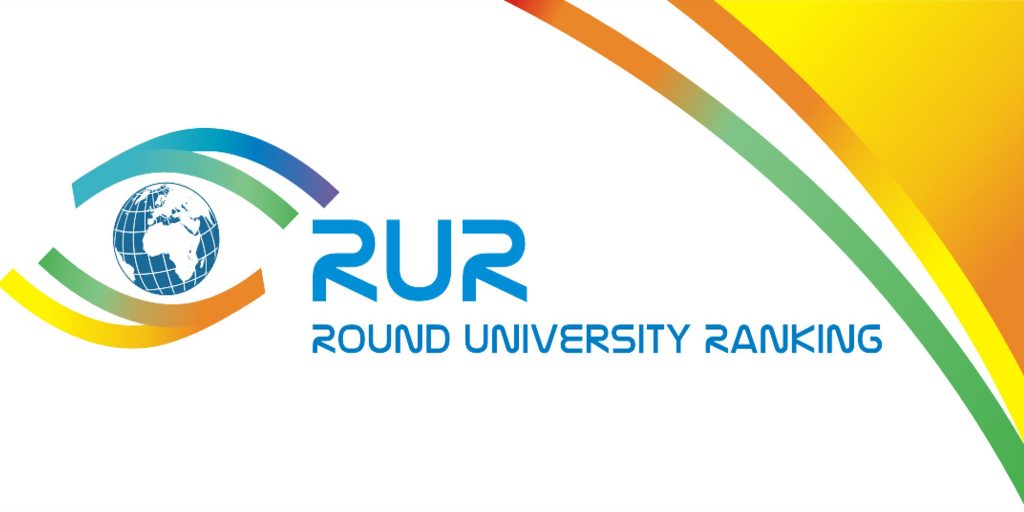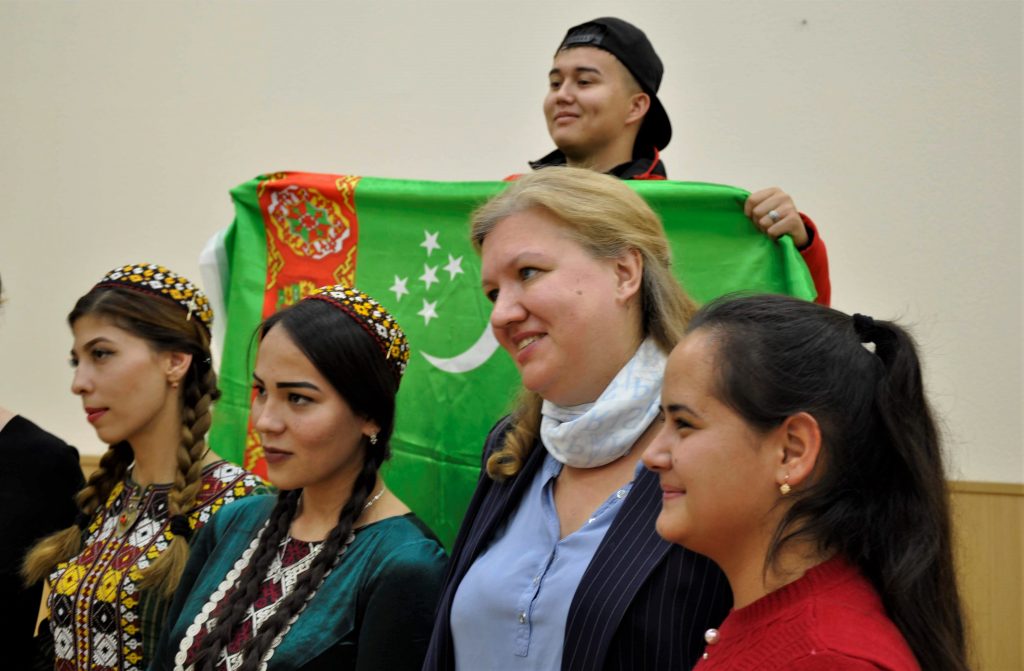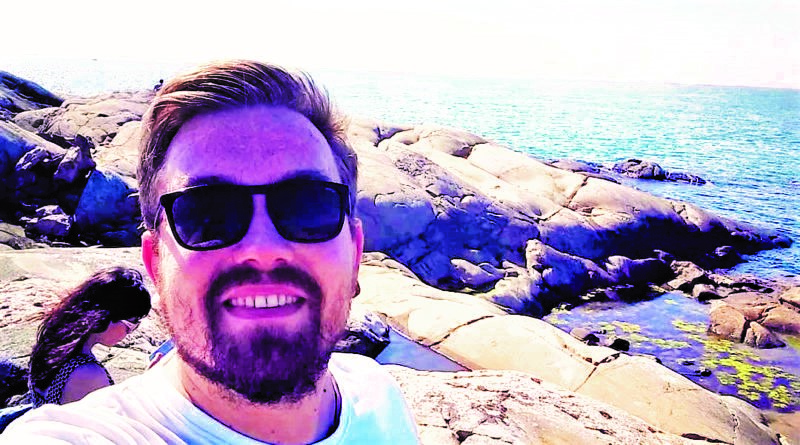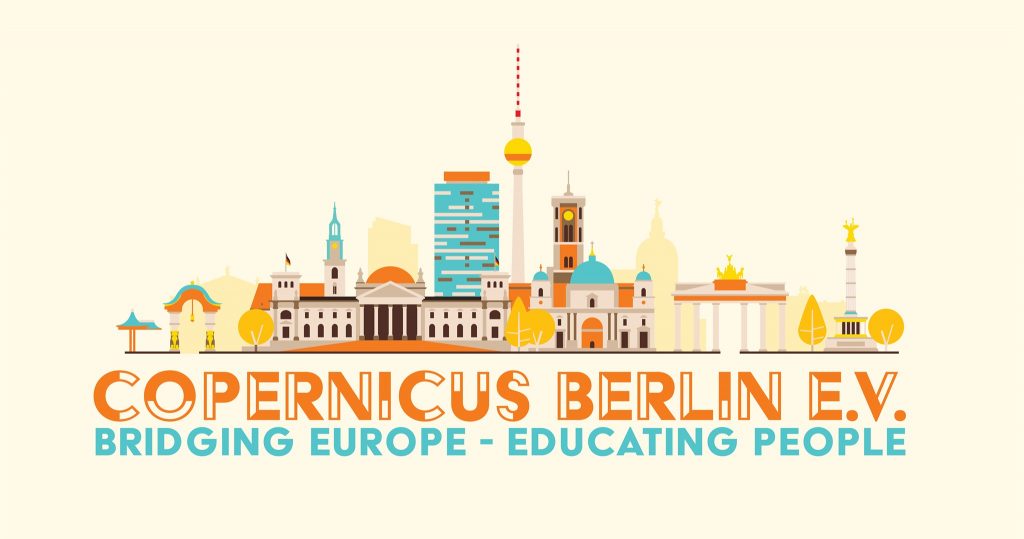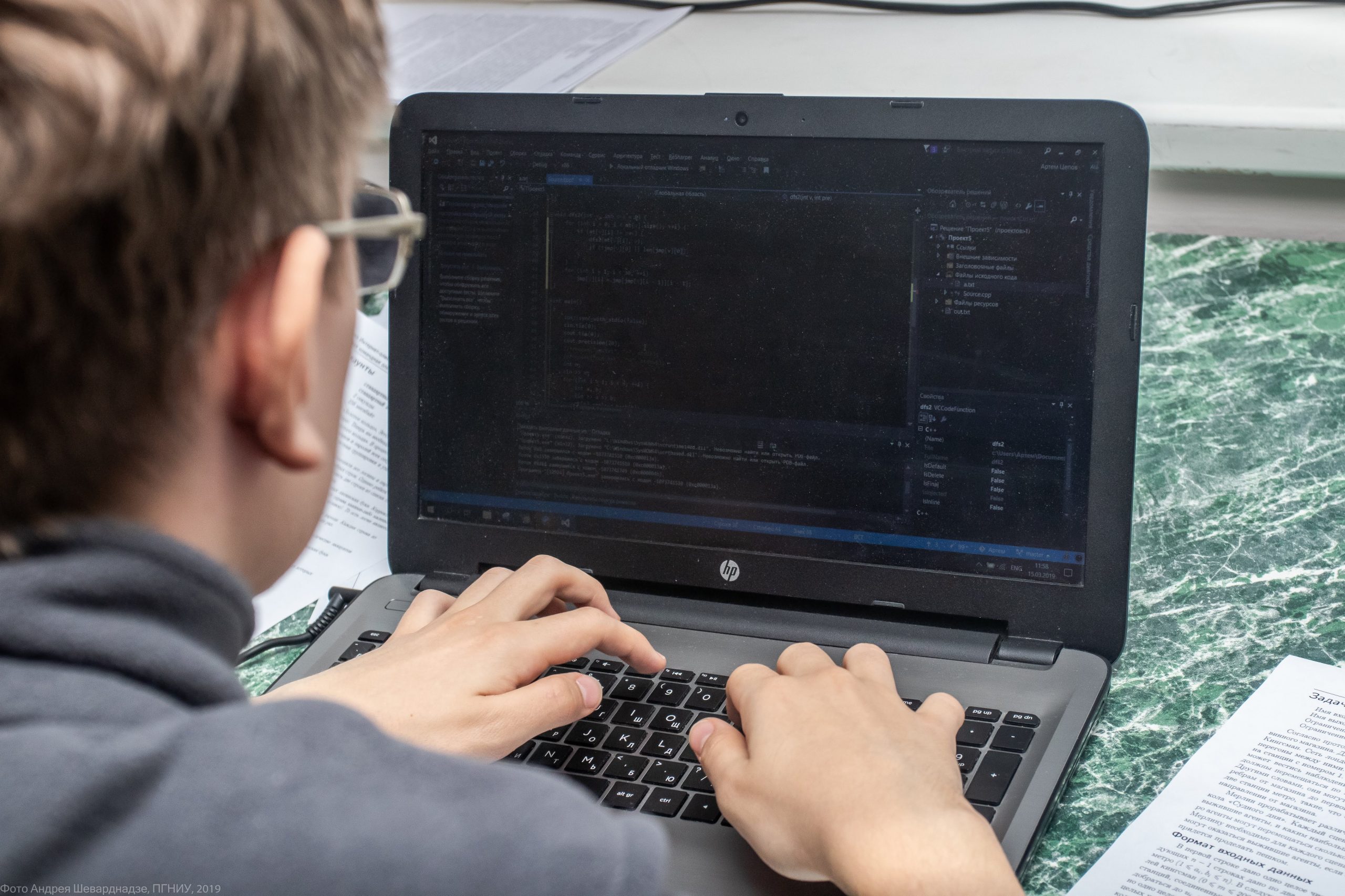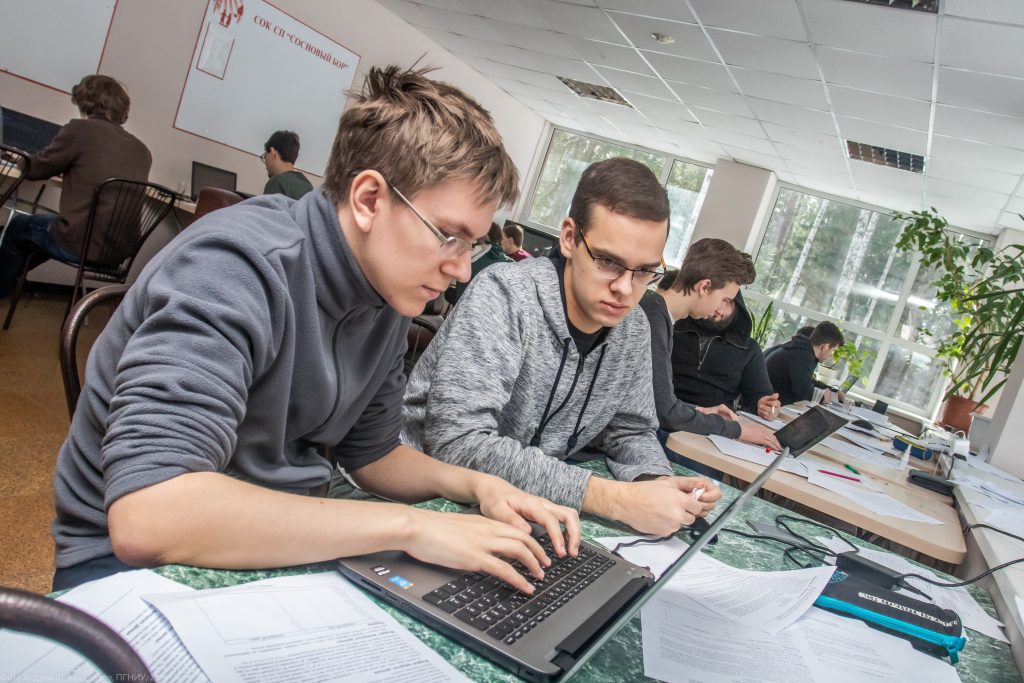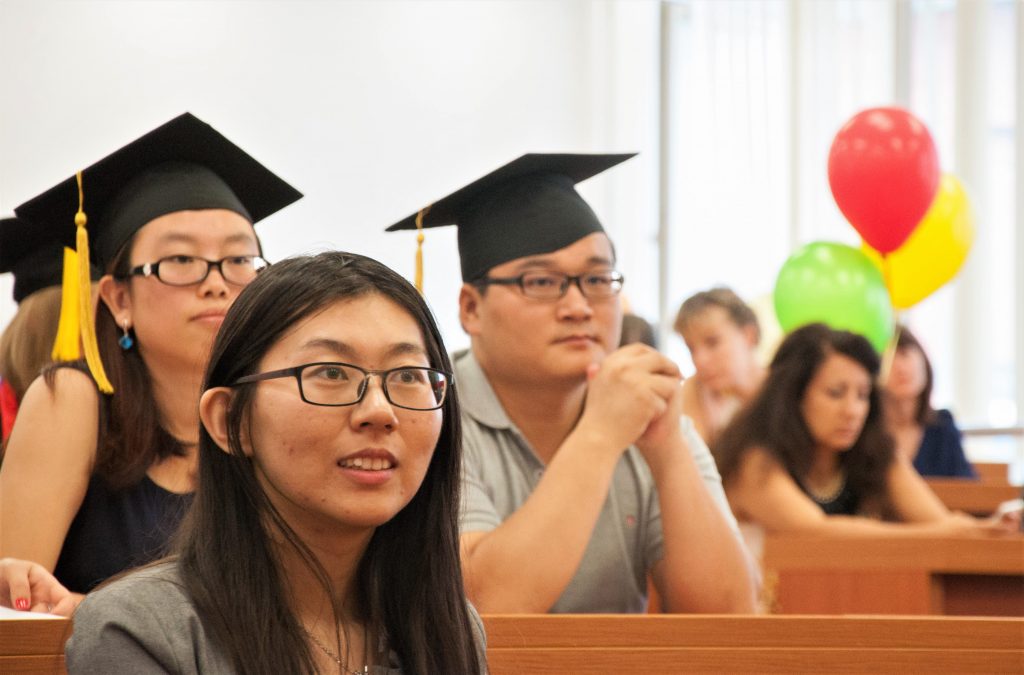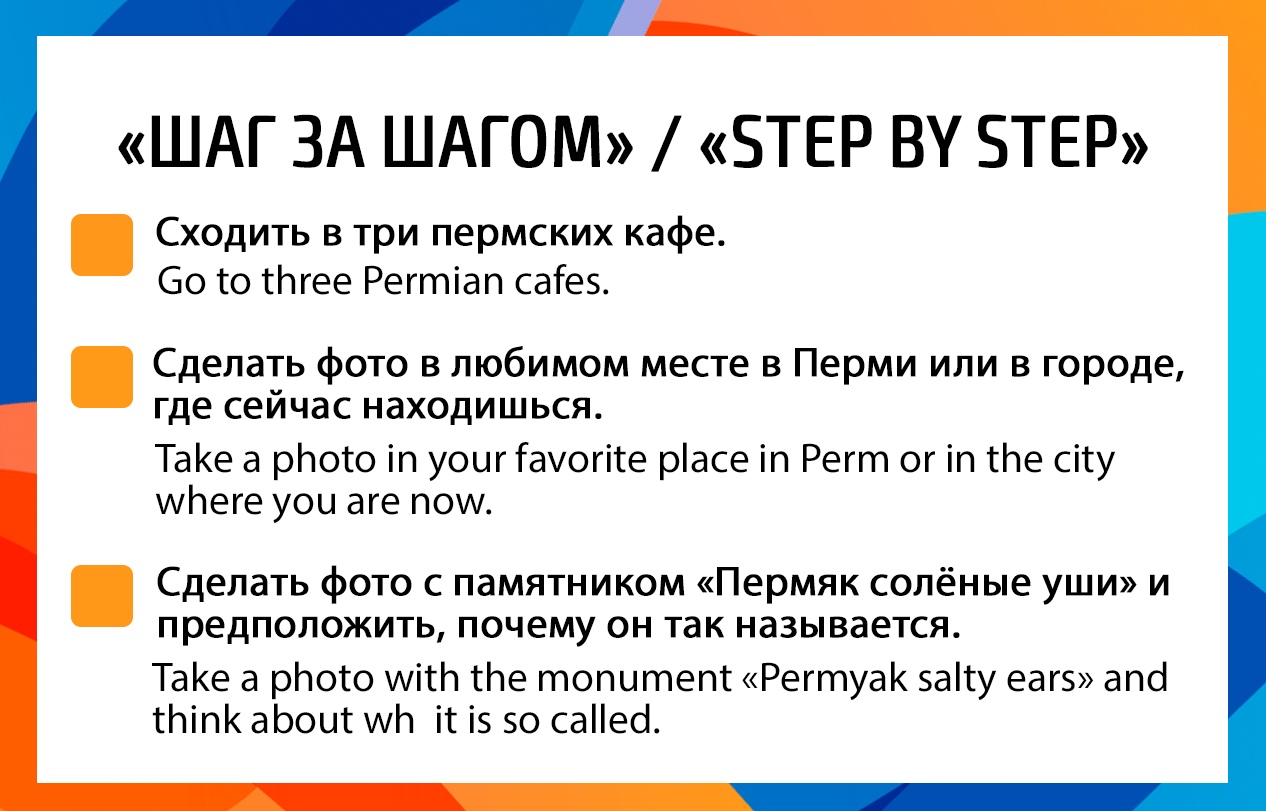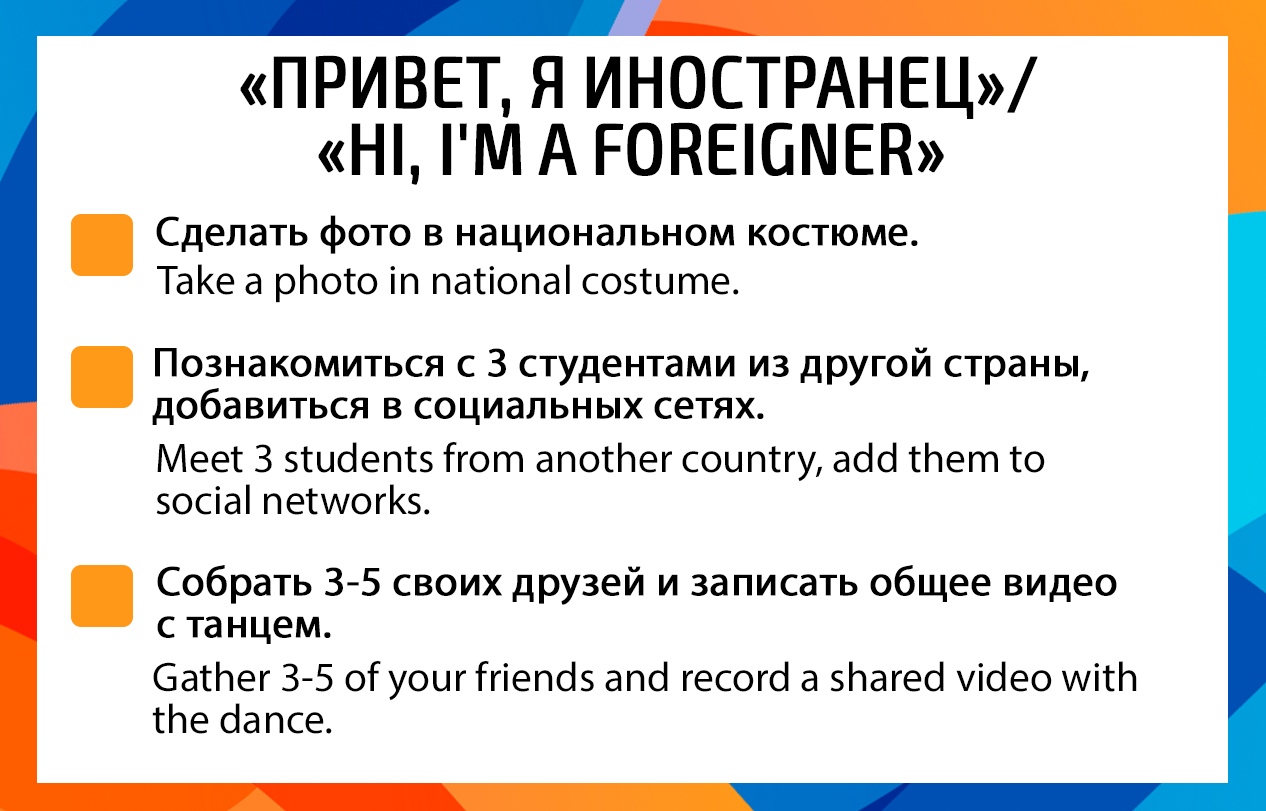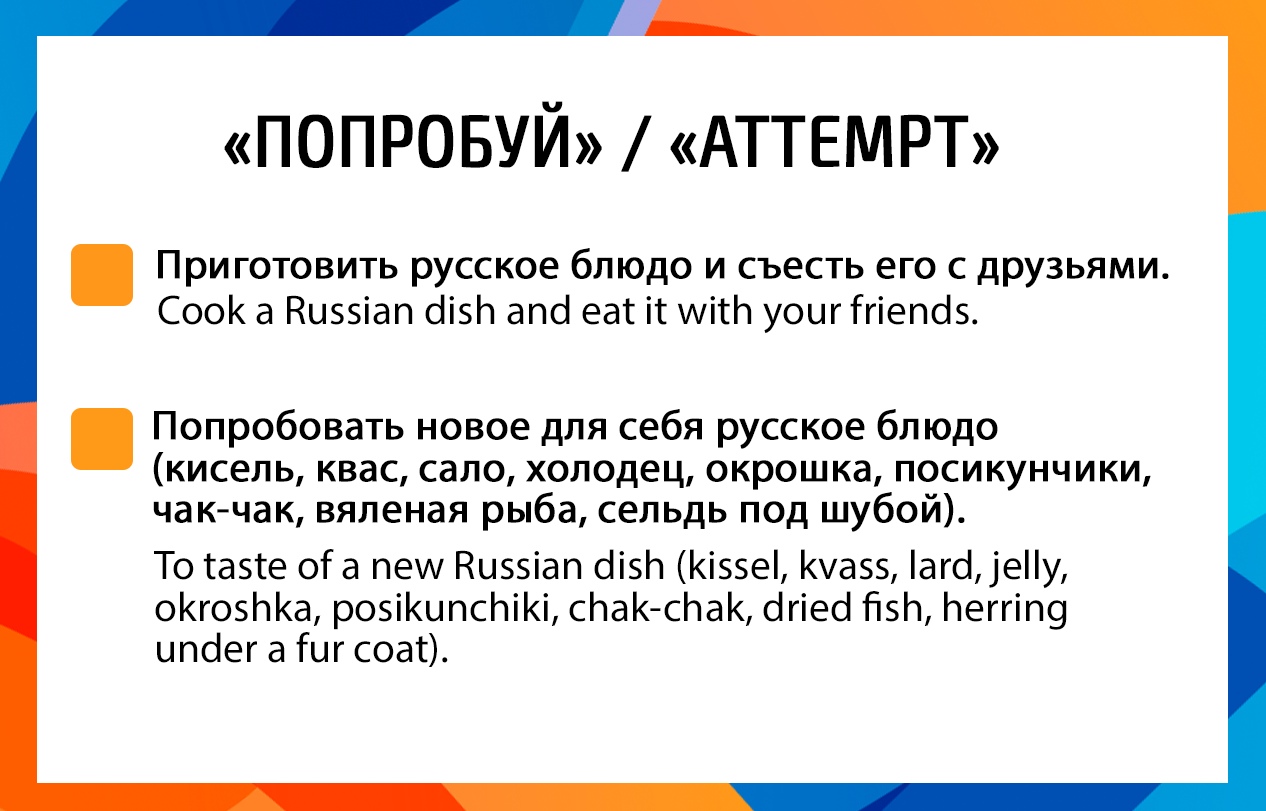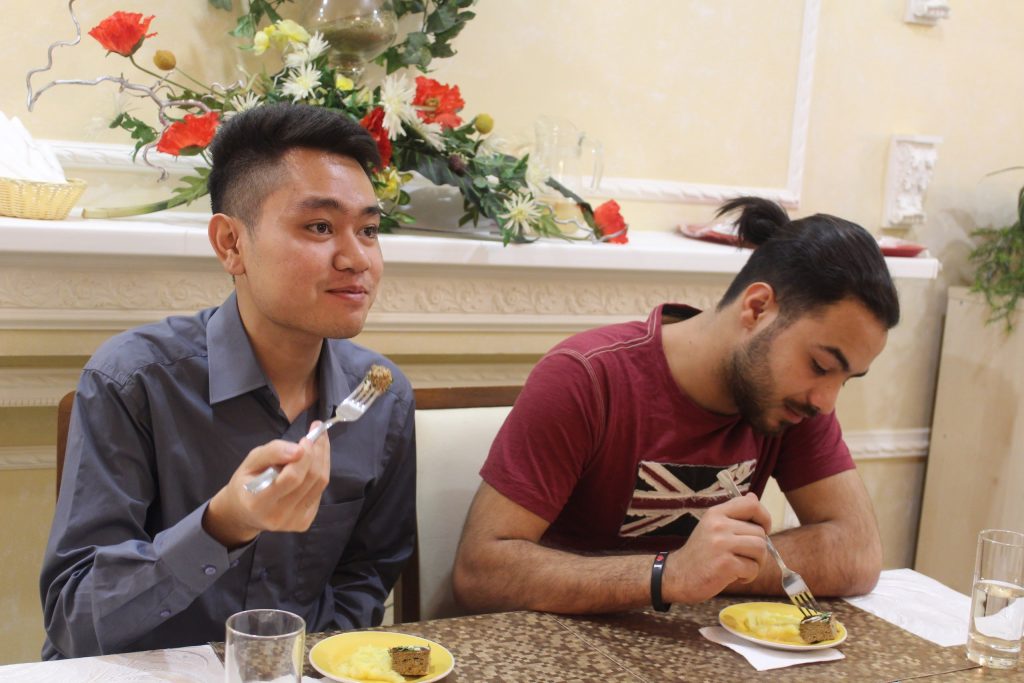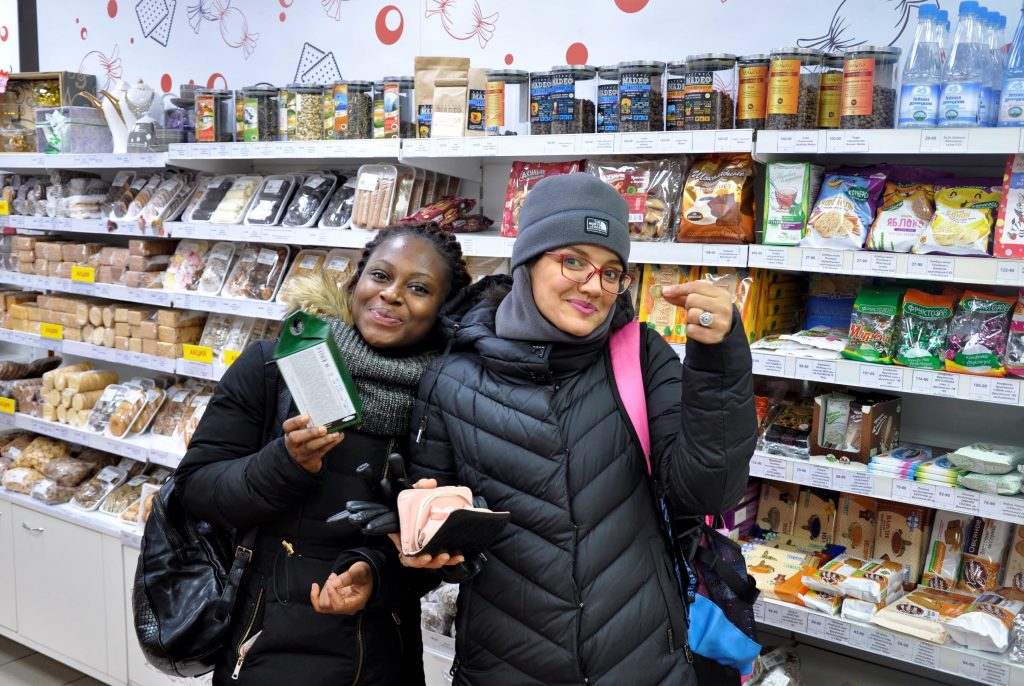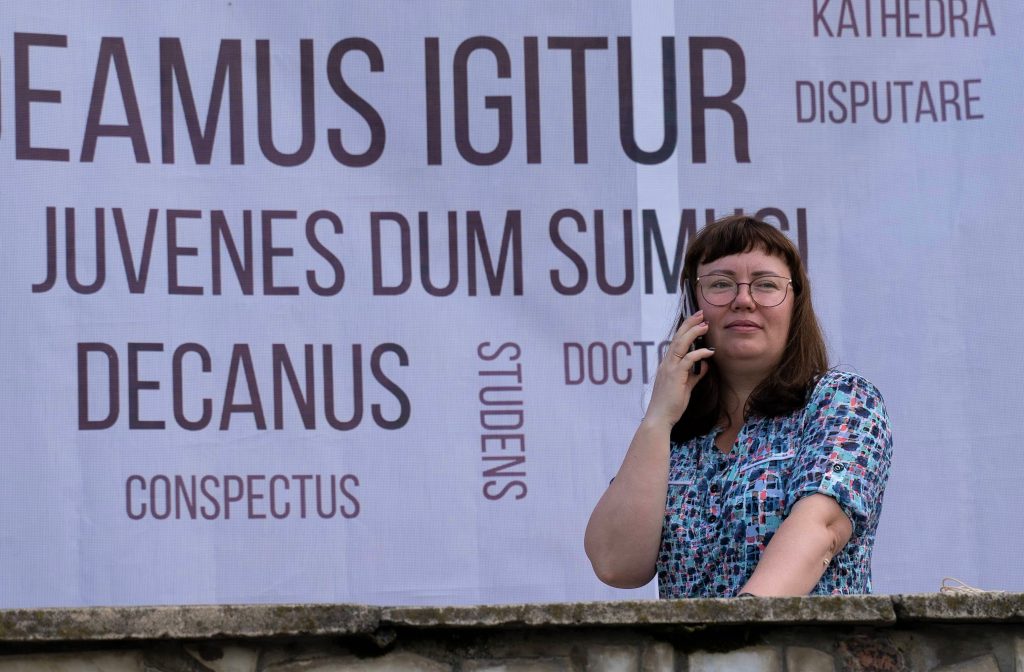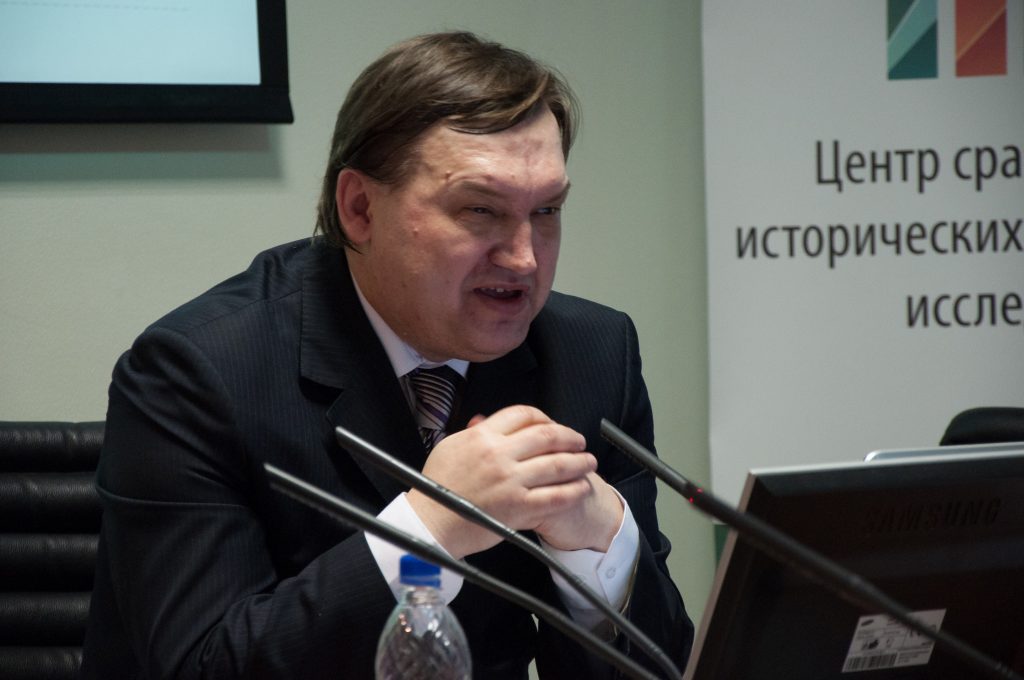Choosing between arts and sciences? Ever felt possible to combine love for languages and programming? Here is a story of Nikolai Ilinykh, 26 years old, alumni of Perm State University. Born into rural Russian countryside, Nikolai moved to Perm to become a student of Perm State University, make science and travel around the world – Germany, Sweden, Japan, and further on:
Being raised in the country, I understand how much effort it takes for people to physically perform and feel devoted to their work. The trust in labor became one of the catalysts that helped me understand: nothing is given for free. To achieve something, one should make a move.
Mom and Dad always wanted to see me not as a function, a profession, but a happy person able to earn things and make living. I am very grateful for the fact that were capable to hear me when I shared thoughts about my future profession.
All in all, I liked studying. I tried to cover everything at once, focusing on every subject. I am grateful to all my teachers in various fields. Yet, I had been always attracted by English and algebra. In the end, my interest in languages and mathematics took over in my choice of future studies.
Initially, I realized I didn’t want to be a translator. I wanted to learn a language that would further allow me progress with machines. This seemed like an attainable task starting with theoretical and applied linguistics at Perm State University (PSU).
The choice of PSU was made on two reasons: studying for knowledge, and being creative at the Students’ Club – the place I used to sing, dance and participate in bigger performances. I still keep in touch with my student mates, whom I met spending my time the Club.
Having started the study of language with its structure, oral and written speech, I eventually moved into a more technical direction. My BA thesis was dedicated to automatic summarization of text – the process of a machine taking a long piece of text, parsing it and producing its summary. My first step to computational linguistics, indeed.
For my master’s degree, I studied the development of artificial intelligence, human cognitive skills, training and building models of speech recognition, machine translation, and so on. Eventually I became interested in computer vision – the automatic recognition of images by a machine.
During my German internship, I focused my research on the problems of vision-and-language. Like, when a machine communicates with a human, it follows instructions, make moves and discusses the object it sees: people, animals, nature, etc.
I am interested in working and creating robots that can recognize the world around and communicate with humans about it. Such communication involves voice messages, as well as movements, mimics and gestures. My specialty requires knowledge of linguistics, programming and mathematics.
In addition to science, private business would also be interested in such type of tasks: car manufacturers are keen to upgrade voice navigators; large companies like Google seek cooperation with universities, all the time. It’s hard to express my passion about all that I do. Sadly, the pandemic have limited our participation in scientific venues and conferences. Yet, on the whole, I am happy about my life.
How did I end up at Leiden University? I initially completed a couple of English language proficiency assignments at the PSU International Center. A couple of days later, they called me to say they were ready to send me to study in Leiden, Netherlands. I remember I was very excited that I would live there for six months and study with other international students.
My first impressions of the ‘Country of Tulips’ were wonderful. There, I met truly ‘charged’ people there, and the spring weather was great. The University appeared quite reputable and grand, a study place of choice for many royal family members in the Netherlands. I remember canals, beautiful cities and excellent transport.
At first, I did experience problems with the language. Still, I’ve always been quite a sociable person, open to new things. It was not difficult to adapt to the new culture: sometimes I rode a bike along the canals to the university, visited flower parks, walked in Amsterdam, and enjoyed Dutch cuisine (by the way, they love pancakes and a lot of potato dishes, just like Russians!).
The Netherlands impressed me with its spirit of freedom, as well as the extent to which everyone understands his/her own responsibility for themselves, others and the country’s prospects. At the end of my stay, I made a lot of friends from different countries and improved my English. There, I also decided upon my future direction – that is, to do science, which required applying for a master’s degree.
I turned back to Perm and defended my graduate thesis there. Then, I decided to go on in Germany; one of the factors was the free education there, including foreigners. That excluded living expenses, but our family had some savings, good enough.
I applied to three different universities in Germany, receiving positive decision from each. I also applied to a university in Sweden, but in the absence of scholarships it was also difficult to pay for tuition there (I was accepted, anyway).
I finally chose the Osnabrück University (Universität Osnabrück) – a place with a long history, and a home for a quite interesting program in Cognitive Science. Having spent two years there, I started to understand computational linguistics more specifically. I also learned to program software well, made connections in science, and got a general impression of how science works in Europe.
I can say that academically, Europe, the US and Russia are quite different. Still, after studying in the Netherlands it was easier for me to adapt to the new system. I studied on an international program with many other students. I so keep in touch with some of them, and sometimes pay them a visit.
Immediately after finishing my Master’s, I started looking for a job. I was 21 then, and I understood that it was time to become independent. Home was far away and the task of getting on my feet was a difficult challenge for me. For the next two and a half years I worked at the Bielefeld University (Universität Bielefeld).
In Sweden I started writing my first academic articles, received my first reviews of them and first good news they were accepted for international conferences. During these two years, I was giving lectures, conducting seminars, and started to understand that working at the university as a teacher was also very appealing to me.
It was a wonderful time for the launch of my career in science: I went to conferences and made presentations in Tilburg (Netherlands), Aix-en-Provence (France), Munich (Germany) and Tokyo (Japan). There were many other scientific exchanges and trips inside Germany. Those days it got me going not only I liked what I did, but also the way it happened. It was this time that I established serious connections, and started to make a name in science.
I went to Sweden with a specific goal: to work in doctoral studies at the University of Gothenburg (Göteborgs Universitet) and obtain a doctorate degree in computational linguistics. I was attracted by the working conditions, the city itself and the research group. Gothenburg is an incredibly musical city full of artists. A variety of cultural venues are constantly held here. Its close proximity to Oslo and Copenhagen makes it incredibly lively and active.
I was interviewed for a position in Google, and contacted various companies in Germany. Yet, science has taken its toll: since the beginning of this year, I have been living in Sweden, conducting my research here. I keep on teaching, but the focus is now more on research.
I am impressed by the Swedish lifestyle: they will never stay extra hours, these guys know the balance between life and work. The nature here is wonderful, almost like home! In the summer, I went for blueberries and even picked mushrooms. There are a lot of mountainous areas and islands here, extremely beautiful. Sometimes my friends and I make fires and sit by the lake side.
I was also lucky enough to visit Japan. There, I am attracted by almost everything from technical developments to dinners, ‘bento’ style. Tokyo is an incredibly large city, very dense, combining Western design with local Japanese architecture. I was only there for a week, and probably saw little, still I was impressed by how clean it was, and how much people respect each other.
It was when I left Russia that I started falling in love with my country. Perhaps, nostalgia? In any case, I am eager to visit my small homeland as often as possible. I feel drawn to Perm to see my countryside and people, especially childhood places, school mates and parents. Yet, having spent in Europe more than five years, my recent occupation, friends, environment and interests have grown beyond.
Original news source (full version, in Russian).
Read more news on PSU international Facebook page.
